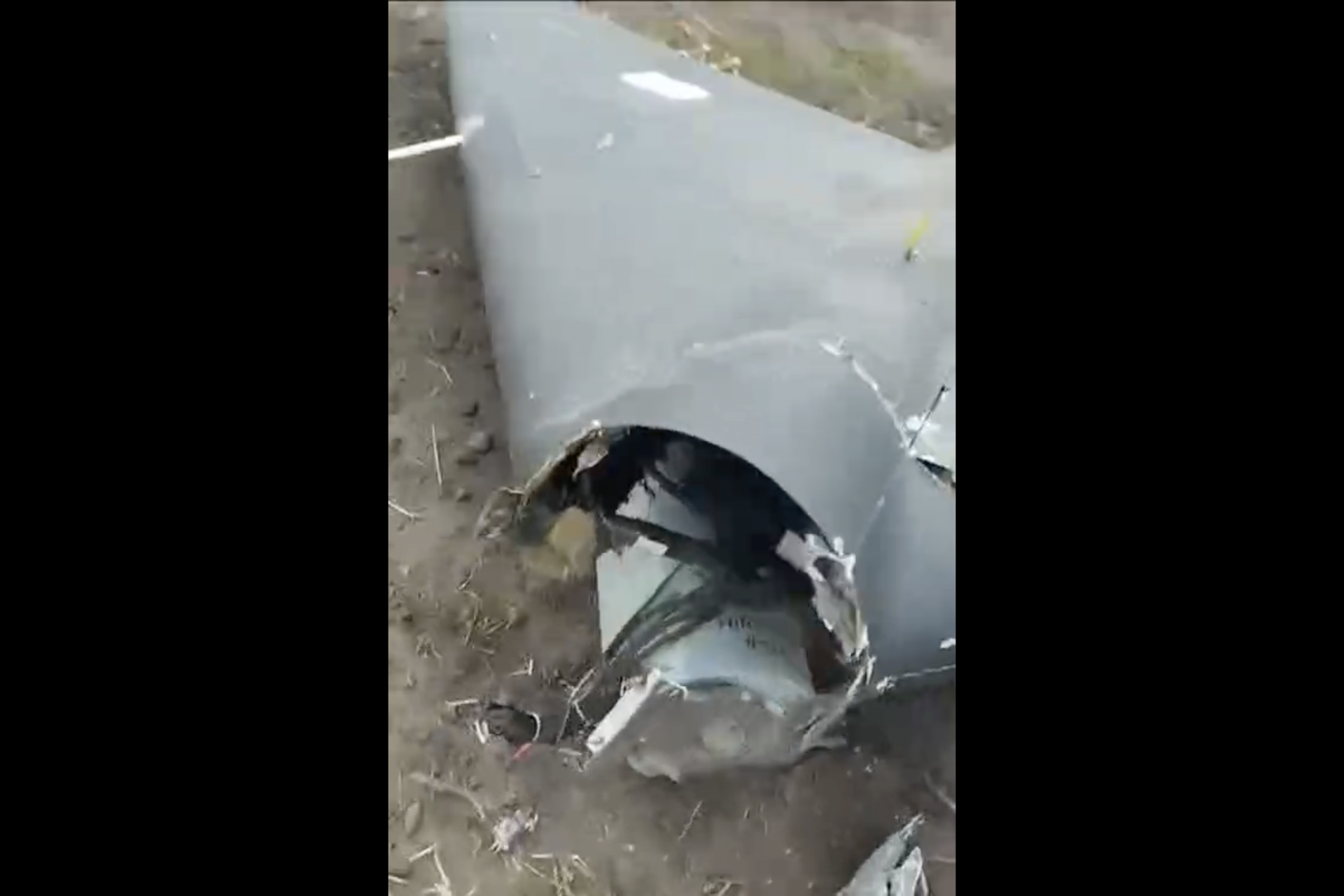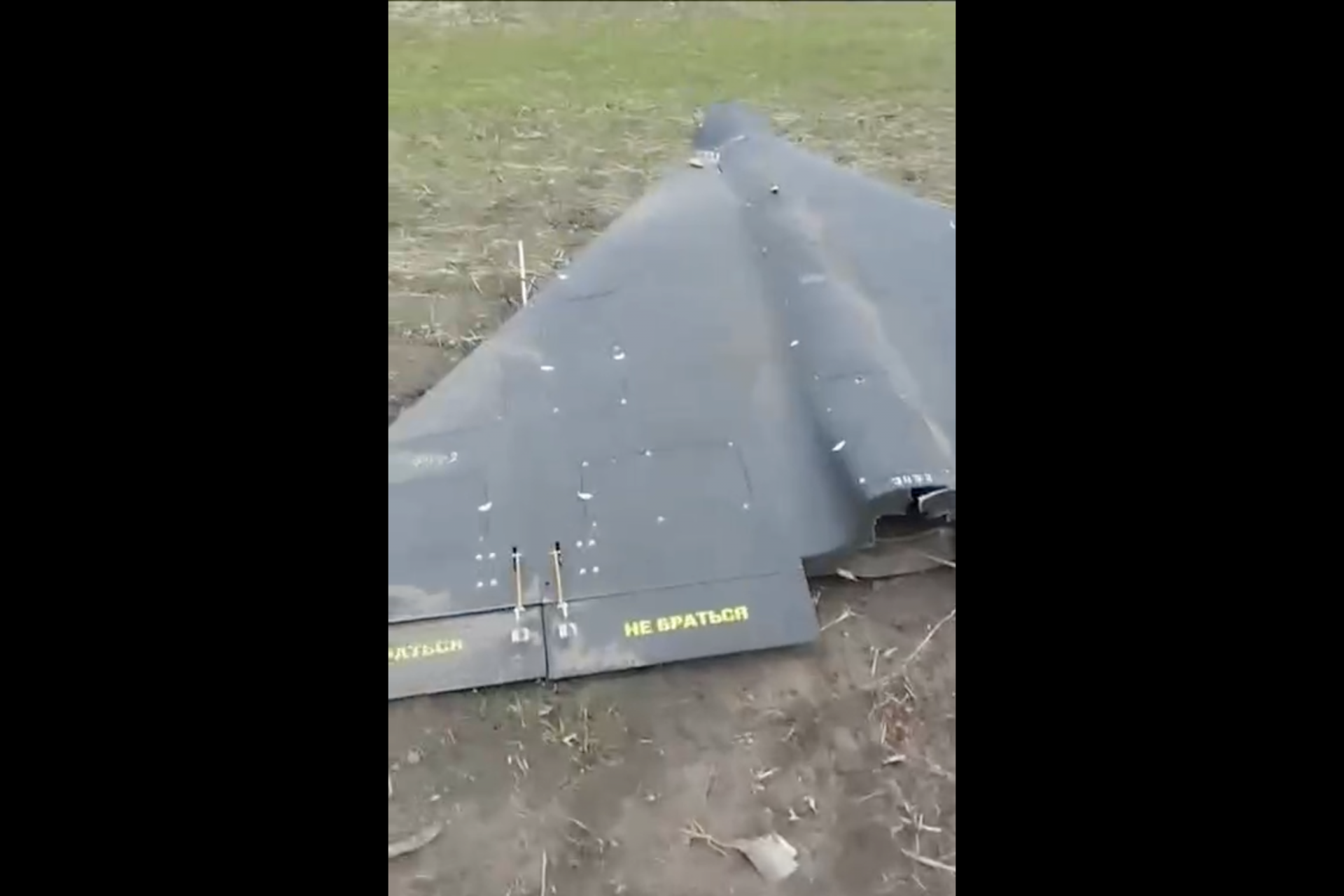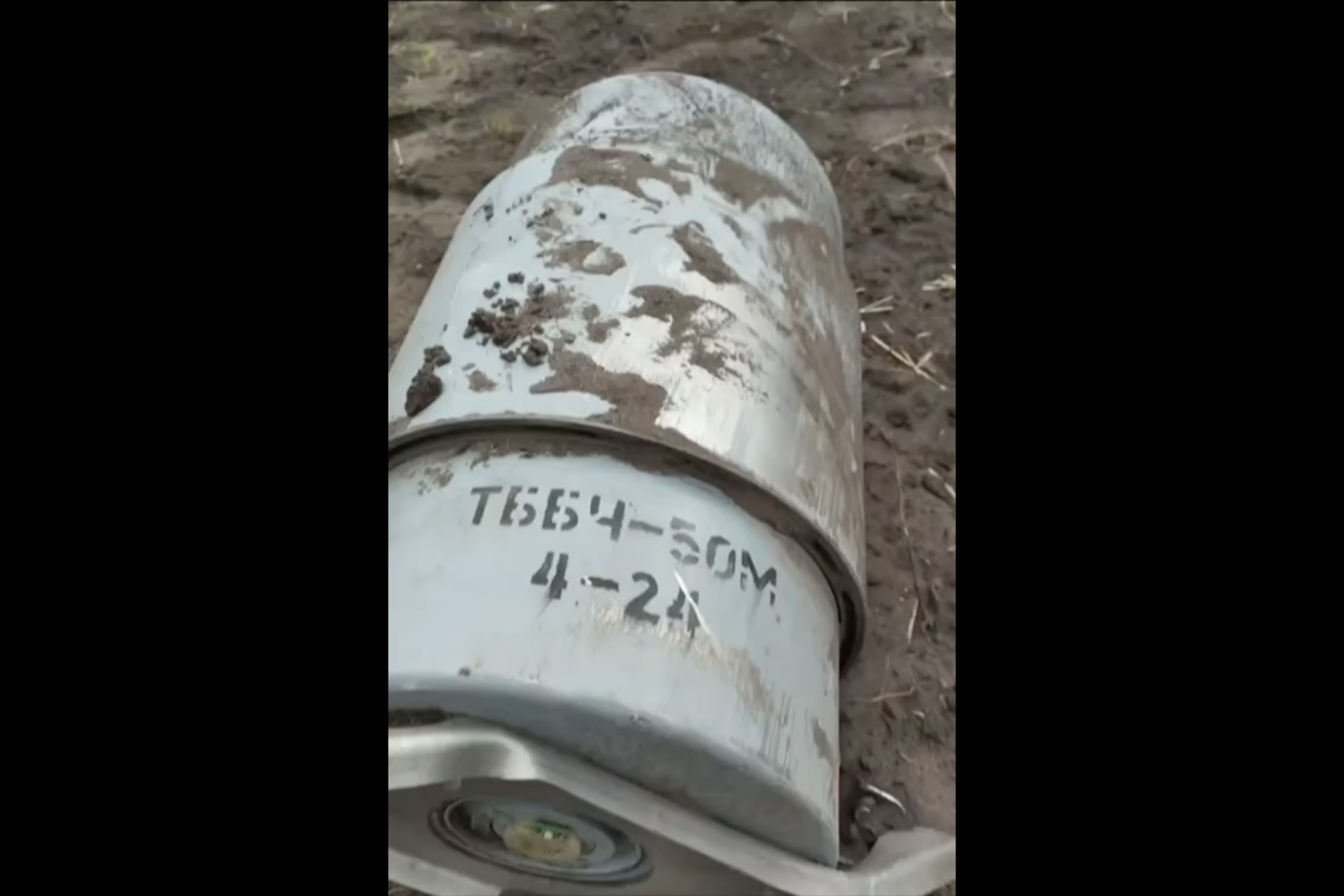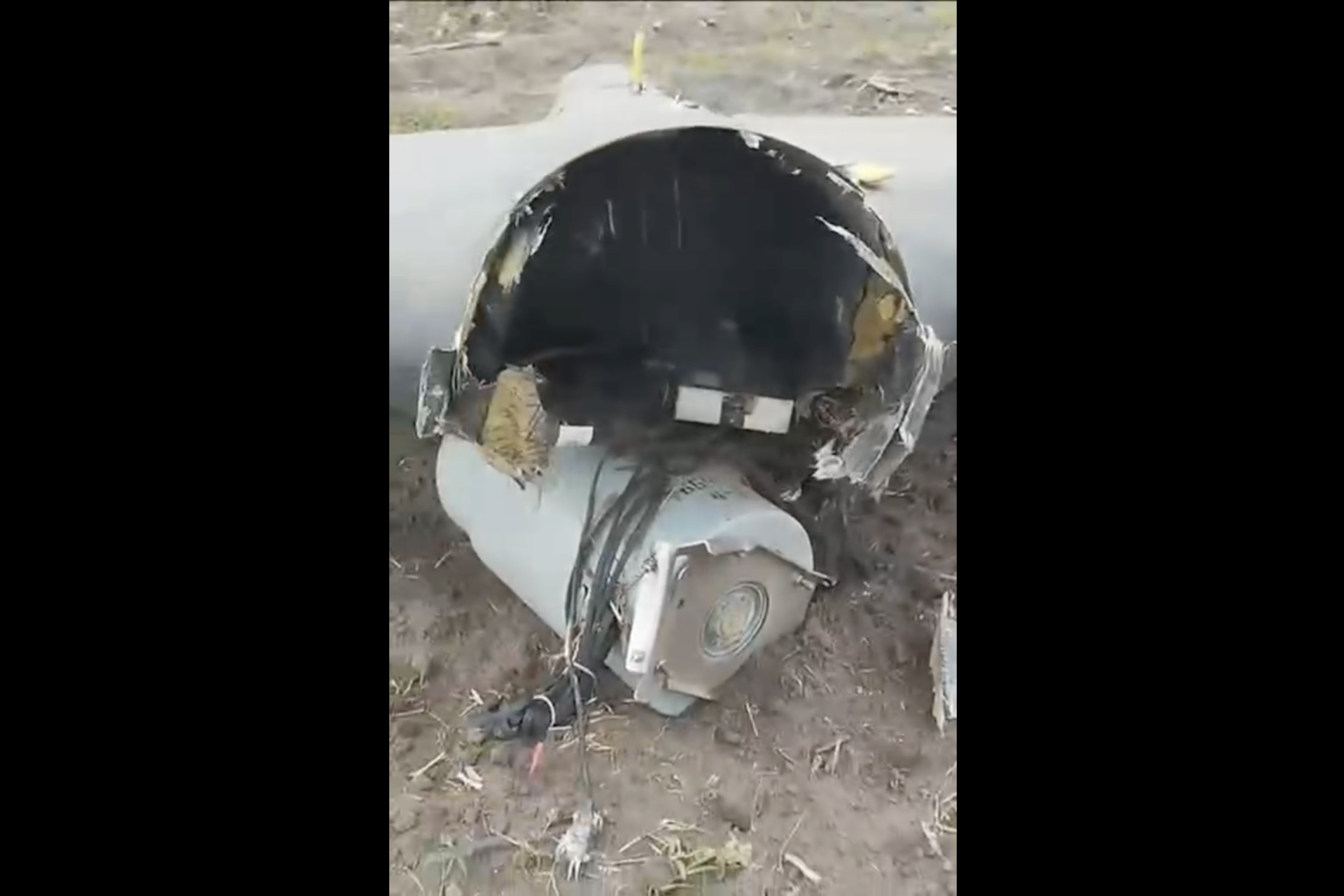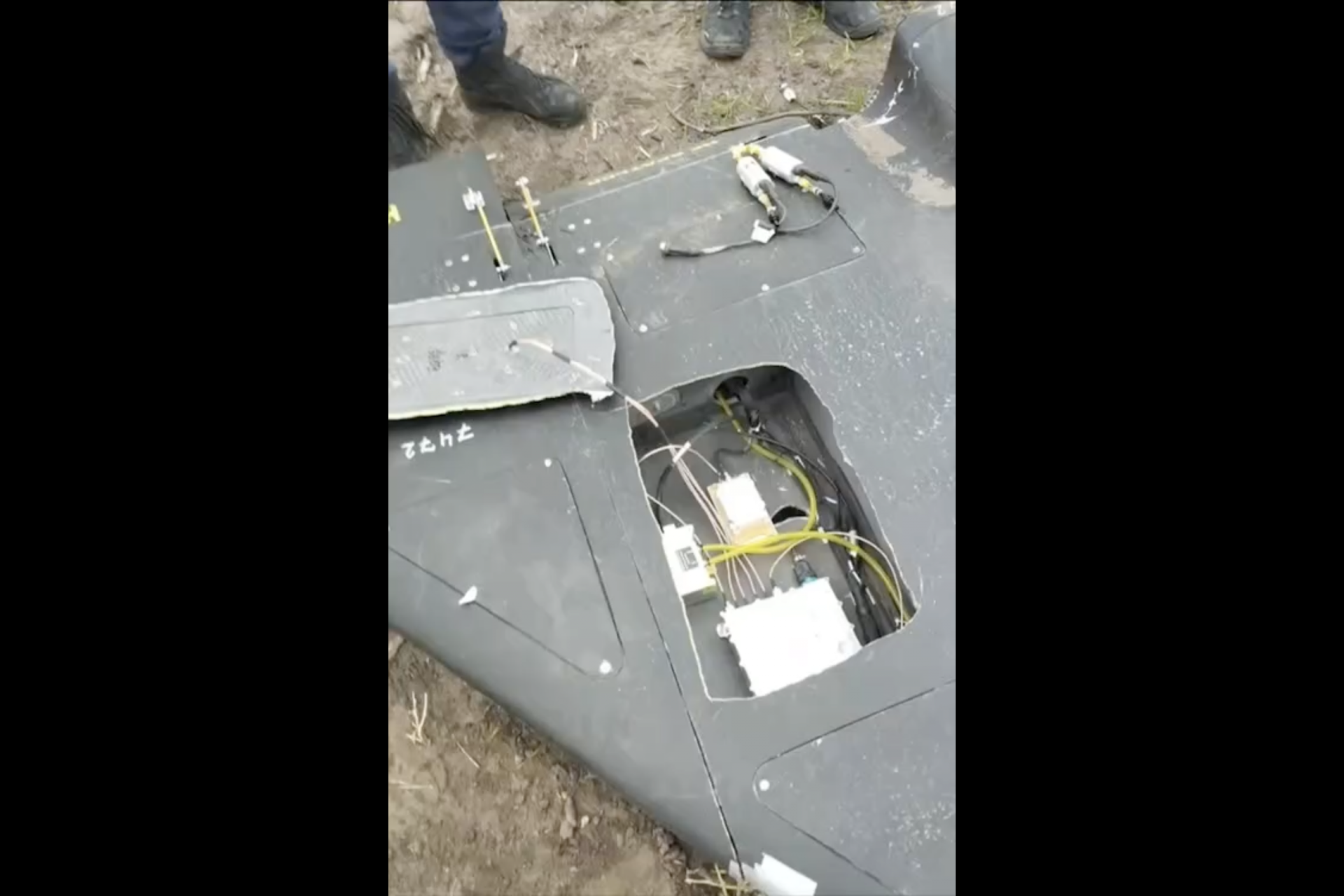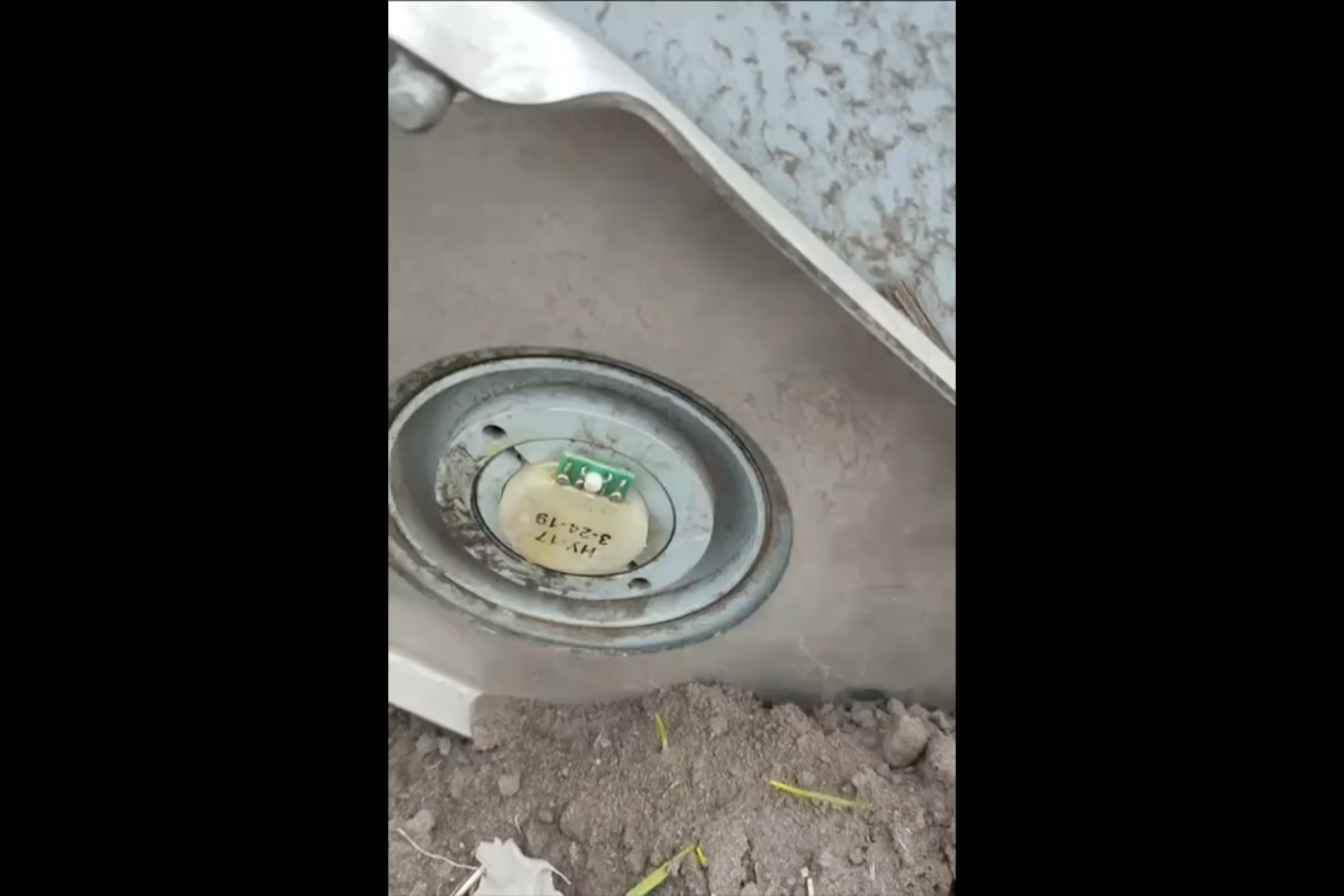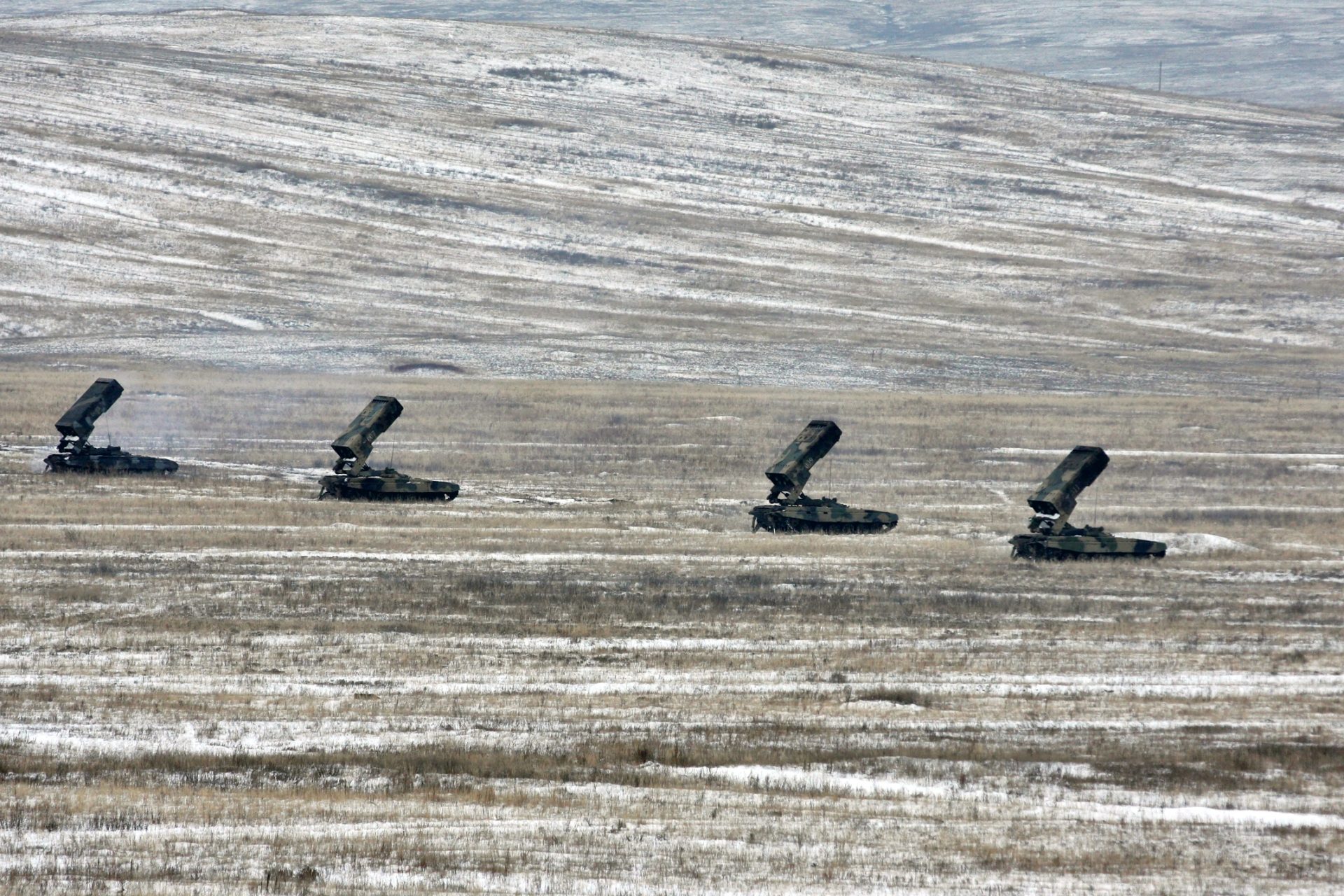Concerning developments: Russia adds threatening new warhead to attack drones
According to reports, Russia has started fitting its combat drones with a more lethal type of munition, a thermobaric warhead, as seen in footage that surfaced online in November 2024. This was further substantiated by evidence discovered by Ukrainian troops in the debris of a downed drone, confirming the use of the advanced warhead.
The video footage was published by the Operational Armed Forces of Ukraine Telegram channel and appeared to show a thermobaric warhead in the drone wreckage, though it’s important to note the claim had not been independently verified.
Photo Credit: Telegram @operativnoZSU
The Ukrainian military news website Militarnyi reported on the story and noted remains of the downed kamikaze drone were discovered in a field, and inspected by Ukrainian troops.
Photo Credit: Telegram @operativnoZSU
Ukrainian forces discovered a special thermobaric warhead labeled “TBBCH-50M” and concluded that the weapon had been installed on the downed drone. Militarnyi reported the drone was likely brought down by an electronic warfare system or possibly shot down.
Photo Credit: Telegram @operativnoZSU
The thermobaric warhead weighed 50 kilograms or roughly 110 pounds, amd this wasn’t the first instance of a thermobaric warhead being used on Russian kamikaze drones in Ukraine.
Photo Credit: Telegram @operativnoZSU
Russia had reportedly been equipping drones with thermobaric warheads since at least April 2024 according to Militarnyi, which cited Russian sources in its reporting.
Photo Credit: Telegram @operativnoZSU
Drones with thermobaric warheads have allegedly all had serial numbers that began with ‘Y’. Militarnyi reported that Russia uses Iranian high-explosive non-thermobaric models that are distinguished by the letter ‘M’ and Russian models that use the letters ‘K’ and ‘KB’.
Photo Credit: Telegram @operativnoZSU
Thermobaric weapons are often referred to as vacuum bombs and they are one of the most controversial weapons that have been used since Vladimir Putin ordered the invasion of Ukraine. This is not only due to the nature of their destructive power but also how they destroy a targeted area.
Photo Credit: Wiki Commons By Vitaly V. Kuzmin, CC BY-SA 4.0
Thermobaric weapons have a two-stage explosive process, in the first stage, a small explosive charge opens a canister that spreads a fuel mixture in the air, this cloud of fuel can penetrate buildings or defenses that aren't sealed off according to BBC News.
Photo Credit: Wiki Commons By Vitaly V. Kuzmin, CC BY-SA 4.0
In the second stage, a secondary charge ignites the fuel cloud, resulting in a massive blast wave that sucks up all the oxygen in the area. This blast can destroy buildings and equipment, but it has a particularly devastating effect on humans.
Photo Credit: Wiki Commons By Vitaly V. Kuzmin, CC BY-SA 4.0
“Those near the ignition point are obliterated. Those at the fringe are likely to suffer many internal, invisible injuries, including burst eardrums and crushed inner ear organs, severe concussions, ruptured lungs and internal organs, and possibly blindness,” a CIA study from 2001 on the weapons noted.
More for you
Top Stories




